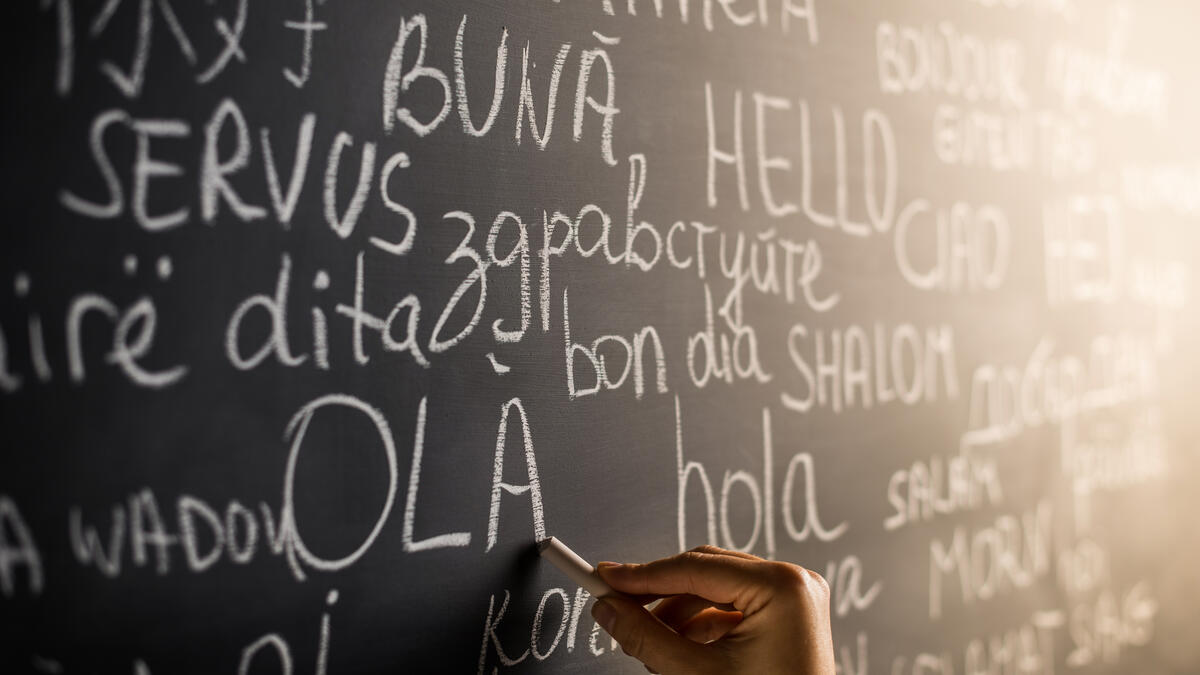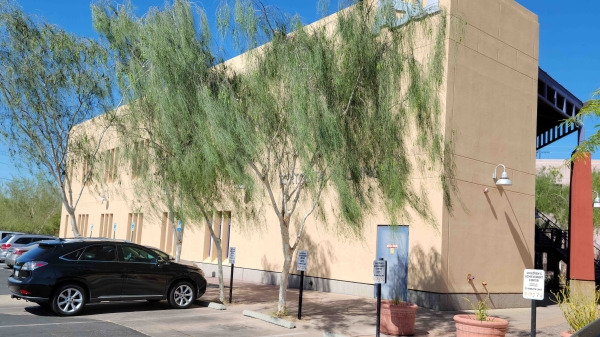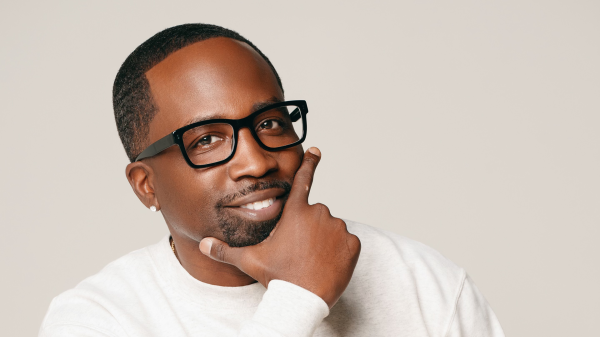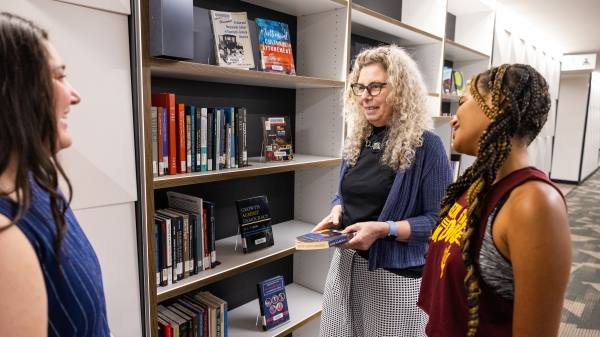ASU to host CoLang2024; event focused on language preservation, documentation

CoLang 2024, which provides training in language documentation and preservation, will be held at ASU's Tempe campus from June 3-14. Photo courtesy iStock/Getty Images
The world’s leading Indigenous language activists, community scholars, students and academics will converge on Arizona State University in early June for CoLang 2024, the biennial event put on by the Institute on Collaborative Language Research.
The event, which will be held inside the Memorial Union from June 3 to 14 and then shift to Scottsdale Community College from June 17 to June 28, provides training in language documentation, preservation and collaborative practices.
CoLang 2024 is unique in that it is a joint partnership between ASU and the Salt River Pima-Maricopa Indian Community.
ASU Assistant Professor of English Tyler Peterson, who is coordinating the event along with Saki Gejo, a linguistics graduate student, said the university is an ideal choice as host because it is situated on the ancestral homelands of the Akimel O’odham and Piipaash, the two Native American societies and languages that comprise the Salt River Pima-Maricopa Indian community.
In addition, Peterson said, Co-Lang 2024 can be a model for how research universities like ASU can serve their tribal neighbors.
“I would argue from that perspective that there is an ethical imperative to do this kind of work,” said Peterson, who recently won a $60,000 National Endowment for the Humanities fellowship for his research on Santa Ana Keres, an endangered Indigenous language. “And we have the resources to be able to draw together all of these experts from around the world.
“This is a major event within our field of language documentation. It’s easily the largest and most important. I have a long-term vision of building a program in Native American documentation, and CoLang is an important step in that because it puts (ASU) on the map.”
Peterson said more than 140 people have enrolled for the event, and they’re coming from all over the world: Japan, Polynesia, Canada, Pakistan and more. Those attending, some of whom are ASU graduate and undergraduate students, work with language in their respective communities, Peterson said, either as a language activist, teaching language, revitalizing their language, documenting it or promoting it.
The focus of CoLang 2024, he said, is providing the enrollees training and expertise in language documentation.
“You would think it’s just a matter of writing your language down,” Peterson said. “But it’s not as simple as that, especially if there are no speakers left or if you’re working with historical documents that are difficult to decode. Or, if you’re working in a community where the language is very technical and challenging to document.
“It’s not like you can just grab a dictionary off the shelf for some languages. Usually, you have to start from scratch. And it’s a big job to create a dictionary and language materials.”
Forty-seven workshops (each workshop is six hours) will be available to the participants during their time at ASU. The workshops cover skills like training in linguistics, how to transcribe language, the use of technology for writing and how to create a dictionary, as well as cultural knowledge, such as a workshop on lullabies.
“You can really tailor your own program to suit your needs,” Peterson said. “There’s something literally for everyone. It’s intense, with a lot of diversity.”
Each afternoon at ASU, invited speakers and/or linguist activists will share a language documentation model they use in their community.
The enrollees will then apply what they learned at ASU and participate in practice sessions at Scottsdale Community College. As an example, the sessions will pair a learner with a speaker.
“That way, you’ll be able to practice what you learned with actual speakers from the community, which is a really incredible and very special experience, because it’s not like you can just walk into a community and say, ‘Hey, I’m going to work on your language now,’” Peterson said.
Peterson believes CoLang 2024 will be “special” and distinguish itself from past events because most of the speakers and teachers will be Indigenous people.
“That’s something you can not really see in other institutions,” he said. “It will be an authentic situation, not just something you learn from books. That’s the benefit of having it here, on tribal land.”
More Arts, humanities and education

Incoming social work students say curriculum at ASU in Tucson is preparing them to effect local change
Sharday Bennett-Rau, Austin Bonasia, Cheyanne Sorg and Lov’e Sturm are among an incoming class of social work students who began in-person studies this fall at Arizona State University without…

Renowned music producer Tuo Clark joins ASU’s popular music program
Arizona State University’s School of Music, Dance and Theatre welcomes music producer Tuo Clark as faculty associate into its popular music program."We are beyond thrilled to have Tuo on the…

A (re)source of Sun Devil pride
Editor’s note: This is part of a monthly series spotlighting ASU Library’s special collections throughout 2024.They’re not the types of books that your average reader might expect to find on the…